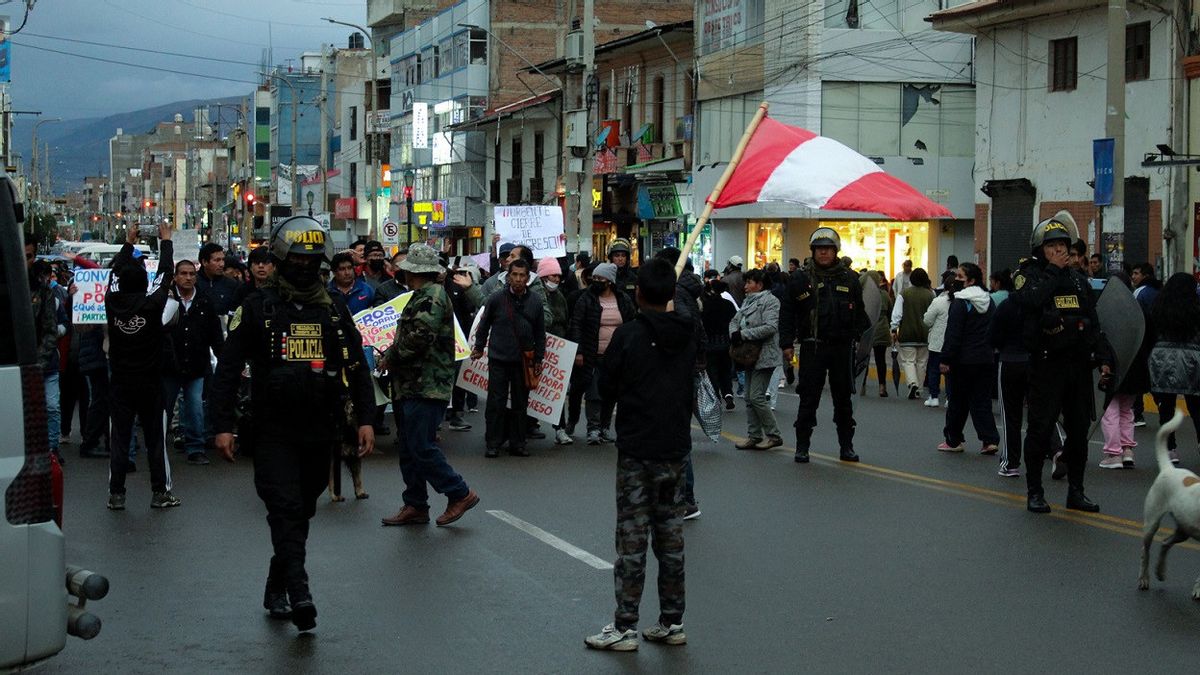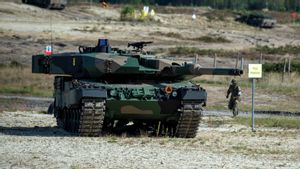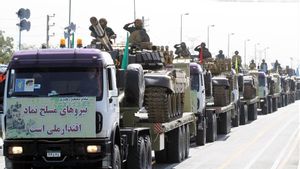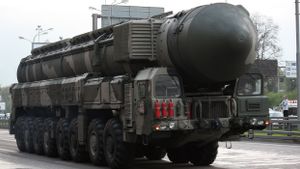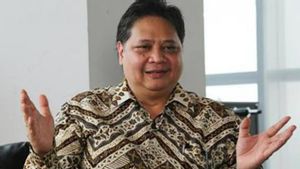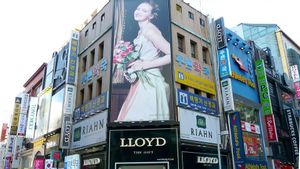JAKARTA - Thousands of Peruvians, mostly from the country's southern mining regions, are set to stage a demonstration in Lima against the government and Congress, sparked by more than 50 deaths linked to the protests since last month.
The clashes marked Peru's worst violence in more than 20 years, as many in poorer rural areas vented anger at Lima's political elite over inequality and rising prices, testing the copper-rich Andean nation's democratic institutions.
The demonstrators demanded the resignation of President Dina Boluarte, an accelerated general election, a purge of Congress and hoped for a new constitution.
By bus and on foot, thousands of people traveled to the capital, carrying flags and banners criticizing the government and police for deadly clashes in the southern towns of Ayacucho and Juliaca, many demanding Boluarte step down.
"We want Dina Boluarte to resign," said Julio Saldivar, a protester from Ayacucho, where a dozen people were killed in December.
Protesters are planning a "Take Over Lima" protest on Thursday, with thousands of police expected to provide security.
On Wednesday night, the two sides clashed, starting with protesters throwing stones and police using tear gas to disperse the crowds.

"We want to concentrate our movement here in Lima, which is the heart of Peru, to see if they are moved," said Domingo Cueva, a protester at San Marcos State University.
The protests, sparked by the December 7 overthrow of leftist former President Pedro Castillo after he tried to illegally shut down Congress and consolidate power, have left 43 people dead in clashes, including a police officer. Another nine died in related accidents.
Police have increased surveillance of roads entering Lima and political leaders have called for calm.
Separately, Peru's government last week extended a state of emergency in Lima and the southern regions of Puno and Cusco, limiting some civil rights.
"We don't want more deaths, we don't want more injuries, enough blood, enough grief for Peruvian families," Interior Minister Vicente Romero told reporters.
Meanwhile, President Boluarte has apologized for the death of the protests, but has remained firm that he will not resign.
Separately, human rights groups have accused police and soldiers of using lethal firearms to deal with the protests. Instead, police said that protesters had used guns and improvised explosives.
The protester's death has been a lightning rod for much of the outrage, with banners labeling Boluarte a "murderer" and calling killings by the police and military a "massacre".
VOIR éGALEMENT:
"We will not forget the pain that the police caused in the city of Juliaca. We women, men, children have to fight," said one protester traveling to Lima who did not give his name.
Protester Cueva, who had come from Cusco, said many tried to come to Lima for Thursday's protests and strikes, although not all were successful.
"We have observed increasing repression everywhere. Some leaders were stopped on the way, they were not allowed to pass," he said.
The English, Chinese, Japanese, Arabic, and French versions are automatically generated by the AI. So there may still be inaccuracies in translating, please always see Indonesian as our main language. (system supported by DigitalSiber.id)
